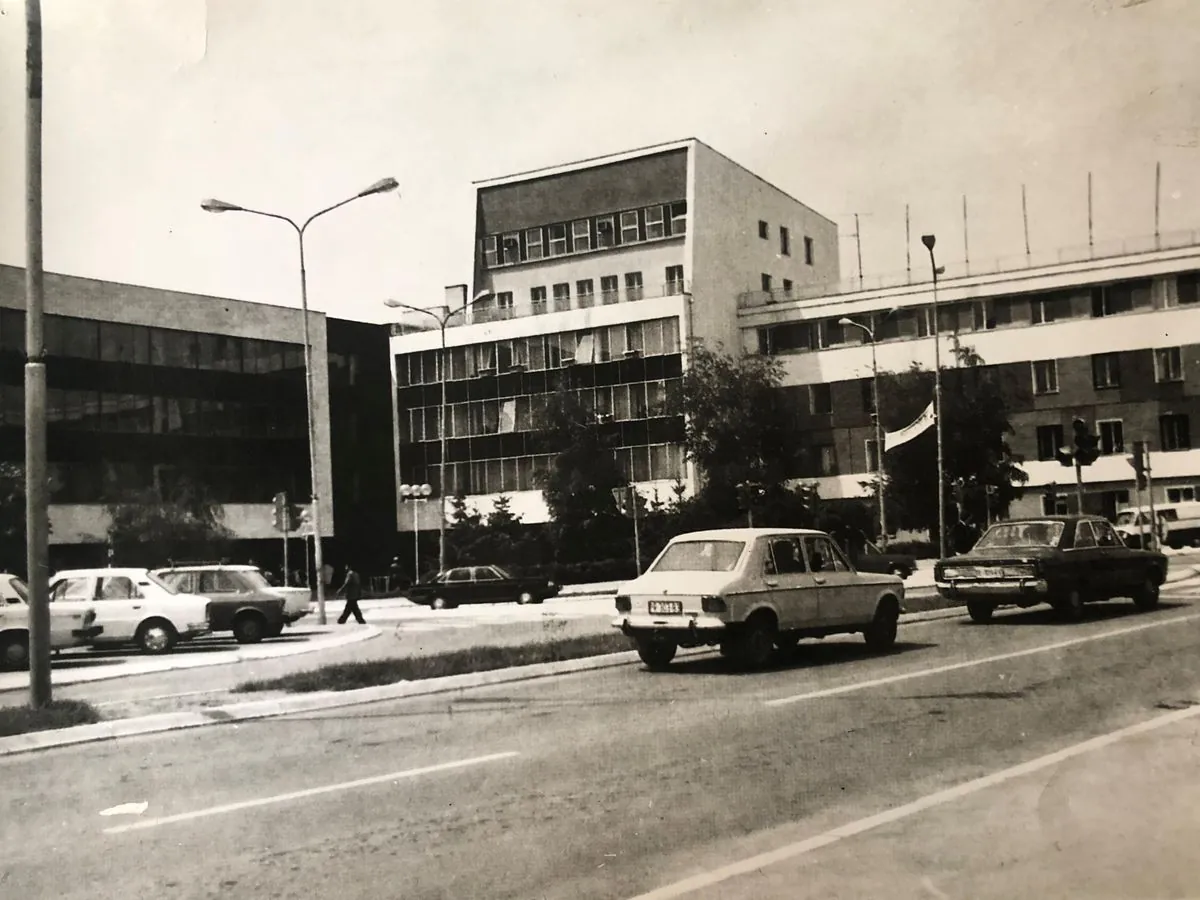In a significant political development, Kosovo's President Vjosa Osmani has officially announced parliamentary elections for February 9, 2024. This decision, made after consultations with various political parties, sets the stage for a crucial test of Prime Minister Albin Kurti's leadership and his Self-Determination Movement Party.
The upcoming election comes at a time of heightened tensions both internally and with neighboring Serbia. Recently, Kurti called for the reopening of a bridge in Mitrovica, a city divided between ethnic Albanians and Serbs. This move has raised concerns among Western powers about potential escalation of ethnic tensions.
Kosovo, Europe's youngest country, has faced numerous challenges since declaring independence in 2008. With a population of approximately 1.8 million, it struggles with one of the poorest economies in Europe and high unemployment rates. Despite using the euro as its official currency, Kosovo is not a member of the Eurozone or the United Nations, due to opposition from Serbia and its allies.
The historical context of Kosovo's independence is rooted in conflict. In 1999, a 78-day NATO bombing campaign ended a war between Serbian forces and ethnic Albanian separatists, resulting in over 13,000 deaths and displacing hundreds of thousands. This intervention led to the withdrawal of Serbian forces from Kosovo.
The upcoming election will play a crucial role in determining Kosovo's approach to the stalled normalization talks with Serbia, facilitated by the European Union. These negotiations have made little progress, highlighting the complex relationship between the two countries.
"KFOR remains vigilant and committed to ensuring a safe and secure environment and freedom of movement for all communities in Kosovo."
Kosovo's multi-party system and unicameral parliament reflect its young democracy. However, the country faces ongoing challenges, including corruption, organized crime, and ethnic divisions. The Kosovo Security Force, established in 2009, serves as a professional, multi-ethnic force, contributing to the country's stability.
Despite these challenges, Kosovo has made strides in international recognition, participating in the Olympics as an independent nation since 2016. The country's strategic geographical position in the Balkans and its rich cultural heritage, including medieval Serbian Orthodox monasteries, underscore its importance in the region.
As the election approaches, the international community, particularly NATO-led peacekeepers (KFOR), maintains a heightened presence along the Kosovo-Serbia border. This increased vigilance follows tensions that escalated in May and September 2023, demonstrating the ongoing fragility of the situation.
The February 2024 election will not only shape Kosovo's domestic policies but also influence its approach to regional diplomacy and its path towards greater international integration. With one of the youngest populations in Europe, Kosovo's future hangs in the balance as it navigates complex political, economic, and social challenges.
